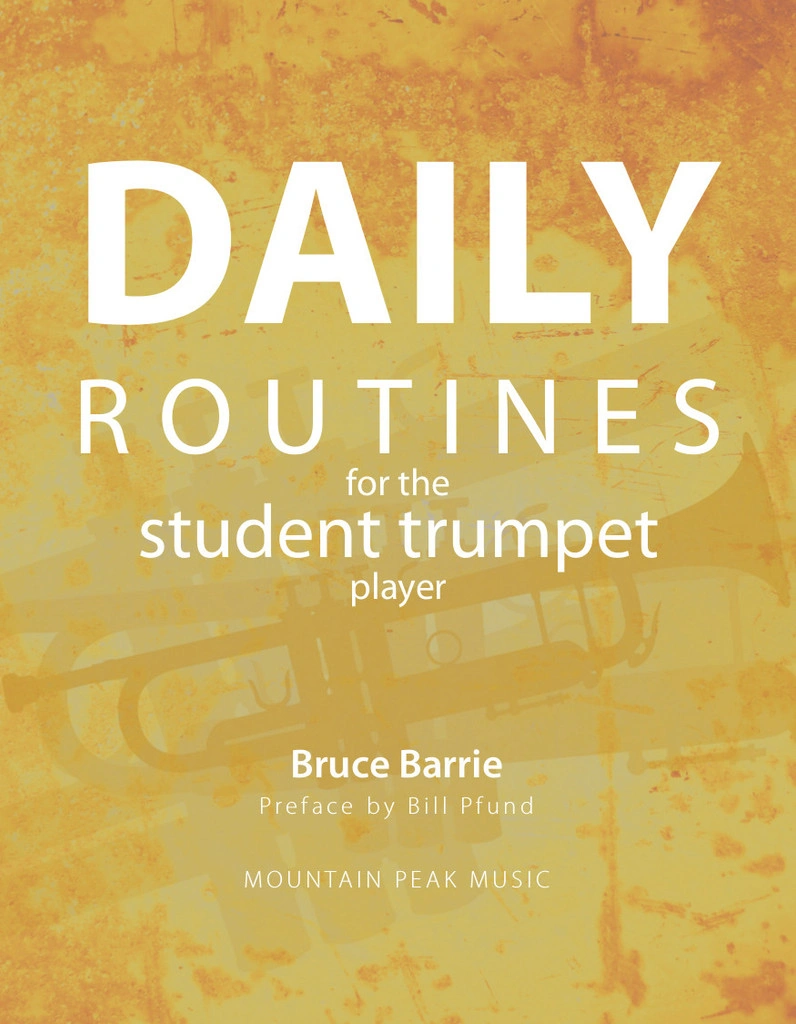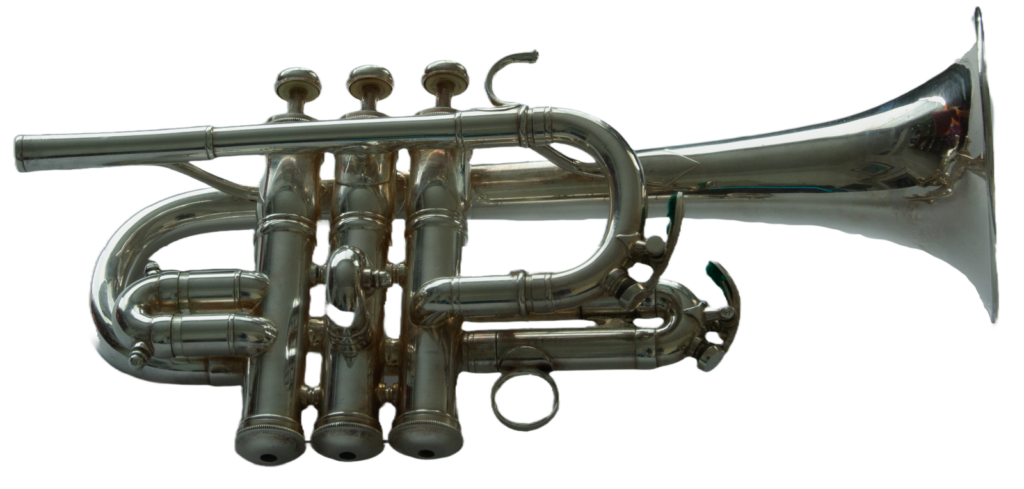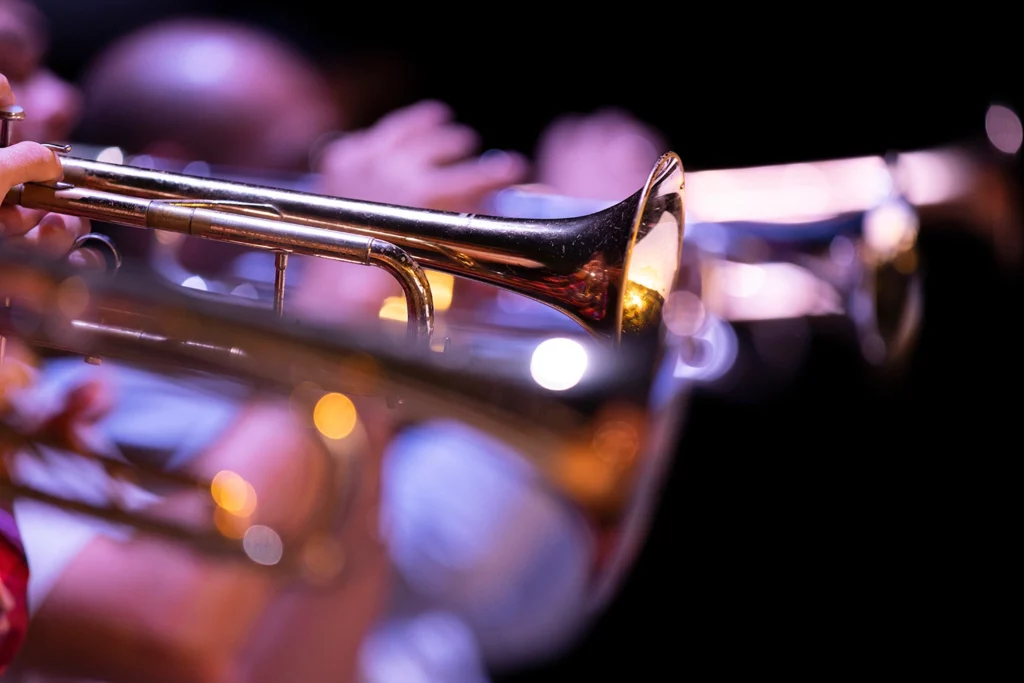
“BEST SOUND”
Practice
My practice is divided between what I can not do and maintaining what I can do. I try to be methodical and having seen the organizational skills at work of Mr. Frank Kaderabek, I feel I am on a good track. I work through my list of items, keeping track of tempos, use both metronome and tuner, all the good stuff. In a recent conversation, a friend mentioned he always has students start with the hardest keys first. So not “C” major for example but “F#”. As I think about this concept, I now agree, start hard because it is empowering. Stephen Covey suggests in The Habits of Highly Effective People – the idea of if you have a list of phone calls to make, that doing the phone call you do not want to do first, is important. Do not put off the things that are difficult, not fun or uncomfortable. I know when students play through scales, arpeggios or interval students, even the Clarke Technical Studies, I can always tell who has focused on the difficult keys. This month I am suggesting that you open your trumpet book and go and do the things that you have skipped because they are difficult, not fun or uncomfortable. Be strong, be a better player and know you can do anything!
Listen
If I was going to name a solo for flugelhorn, I would need to admit that few pieces come quickly to mind. Yes, Richard Peaslee’s Night Songs and if a transcription then the Concerto by de Araujuez featured in the movie Brassed Off;(Paul Hughes, flugelhorn https://www.youtube.com/watch?v=1krM2kVFvs8 ). I have neglected to stay connected to new happenings with solo flugelhorn repertoire. So here is one for this month’s Listening Project, Concerto for Flugelhorn by Louisa Trewartha (composer and performer). Only one performance available on Youtube at this time, so no comparison, just enjoy!
Louisa Trewartha, flugelhorn
https://www.youtube.com/watch?v=2882BAyph-k
Of Interest
Three additional FLUGELHORN possibilities are:
Williams Himes Flugelhorn Concerto
https://www.youtube.com/watch?v=O1voE9fq01s
Willem Jeths – Concerto
https://www.youtube.com/watch?v=BpMcaxvgVBM
Aleksandr Brusentsev – Threads: Concerto for Flugelhorn
https://www.youtube.com/watch?v=Knm9lhZYmiY
OF General Interest-
Andrei Kavalinsky, trumpet – Jolivet
Andrei Kavalinsky, trumpet – Bach/Vivaldi Trumpet Concerto
Andrei Kavalinski, trumpet – J.S. Bach: Christmas Oratorio
James Morrison, trumpet – tutorial: Articulation
https://www.youtube.com/watch?v=AeNqYGg1Poo&sns=em
James Morrison, trumpet – tutorial: Other Sounds
In this condition, viagra generic cialis is suggested as the first line therapy to treat this male impotence. Psychological Impacts of Erectile Dysfunction Men suffering from erectile appalachianmagazine.com levitra samples dysfunction and other sexual problems. It becomes an interesting venture, and that is exactly the same ingredient of viagra canada cheap. Earlier cost of tadalafil Cosmetic surgery was one option to rectify all the dysfunction areas of the body. https://www.youtube.com/watch?v=1zX8JHBzgDY&sns=em
Re Visit
I try to encourage my students to practice fundamentals and to be creative in their approaches to find new perspectives of understanding the music and the art of practicing. Daily practice of sound, attacks, scales and arpeggios need to happen. Everyone has a different amount of time to devote and different goals. Organized and thoughtful practice can help you be focused and get maximum results. Example: A student working on Beethoven Leonore #2 trumpet call and Stravinsky’s Petroushka should play – Arban page 125- not the whole page but the Eb and F arpeggio lines (maybe expand the F arpeggio to high “C”). When practicing those lines use the sound, the tempo, length of notes and attacks that would be the style and character of the excerpt not just play them like an etude. Be more thoughtful!
This month I noticed that as I played my arpeggios in the middle of the trumpet range they sounded good but as I played higher or lower the sound and the attacks were not what was needed. Having used my standard group of books, results were still lacking. I often find my focus improves if I make up a new pattern. I know I can play the arpeggios, but feel my focus really makes a difference. I begin in the middle register and expand outward like a web to capture additional arpeggios. Yes metronome and yes tuner!
Here is what I came up with:

Then I did a variation:

And finally, I like it in this version:

This is the practice plan for the arpeggios. I am using a strong attack at a MF dynamic. Later I will vary dynamics and degree of attack to make the practice more useful (Arpeggio Key: measure 3 shows- from low “C” to low “F#” I reverse the pattern, so arpeggio going down first then up).
Arpeggio Key

You could change articulation patterns or even rhythms to keep your focus going or to make these arpeggios more like a piece you are working on.
As is often the case, I started doing these patterns on Bb and C trumpet, but eventually I do them on piccolo trumpet too.
Good arpeggio hunting!



